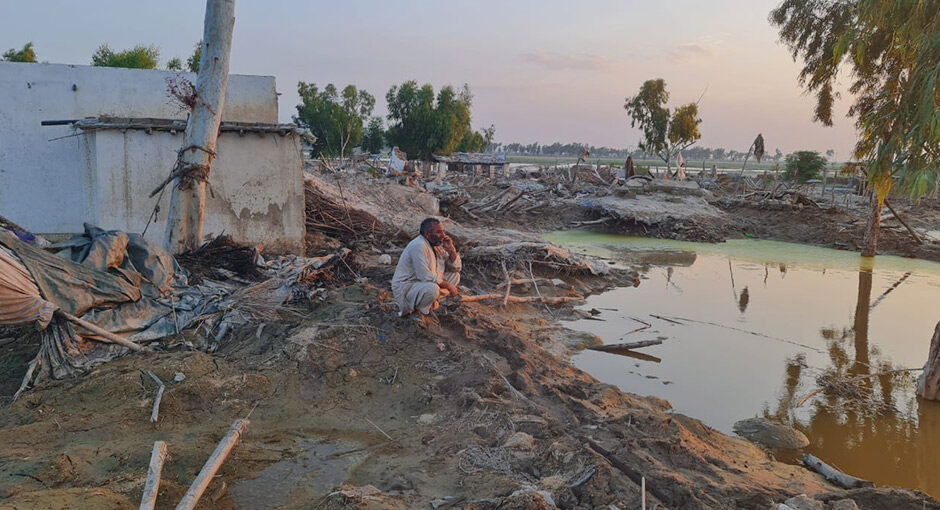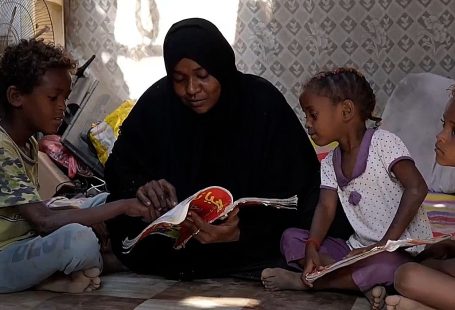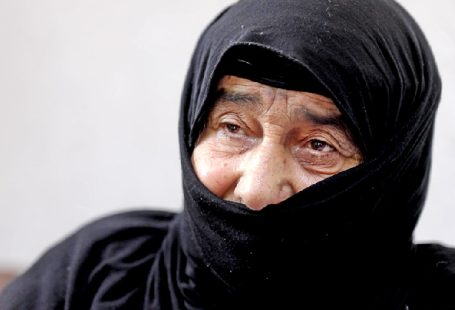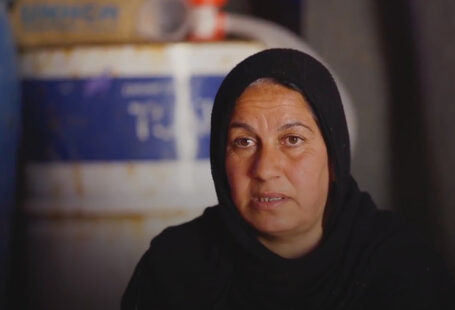Since June 2022, Pakistan has been suffering from extreme monsoon weather. As of September 1st, rainfall patterns in the country stand at 2.87 times the national 30-year average. This has resulted in massive flooding and landslides – with devastating effects on human life, property, and infrastructure. To date, 80 districts across Pakistan have been declared ‘calamity-hit’ by the government. These figures remain in flux due to the ongoing weather changes, and the number of calamity-declared districts is only expected to rise.
Having already possessed one of the largest refugee populations in the world, the excessive floods have since displaced 7.6 million people, with nearly 600,000 of them living in relief sites. In response, UNHCR has engaged in rapid needs assessments, followed swiftly by a mobilization of female national staff to ensure better gender parity among the flood-affected communities. Furthermore, UNHCR has led the Protection Sector for the Flood Response – which is inclusive of refugees as well – and deployed priority response activities such monitoring the needs of the displaced, providing access to protection services, and strengthening existing child protection, psycho-social support, and family tracing services.
Another key area of the relief effort involves dignity kits, which are composed of disposable sanitary napkins, reusable sanitary cloth, underwear, soap, detergent, towel, toothpaste, toothbrush, disinfectant liquid, shampoo, and other items. UNHCR provides these essential household items to women and girls to keep them and their family members healthy from disease, while restoring at least a modicum of their dignity. Weeks after extreme weather conditions have receded, vulnerable families in need still struggle to make ends meet. With a procurement cost of approximately $18 per dignity kit, your Sadaqah (and Zakat) donations stand to play a significant role in preserving the dignity of vulnerable women and girls and lessening the burden of this crisis on displaced families and host community members throughout Pakistan.











Social Profiles